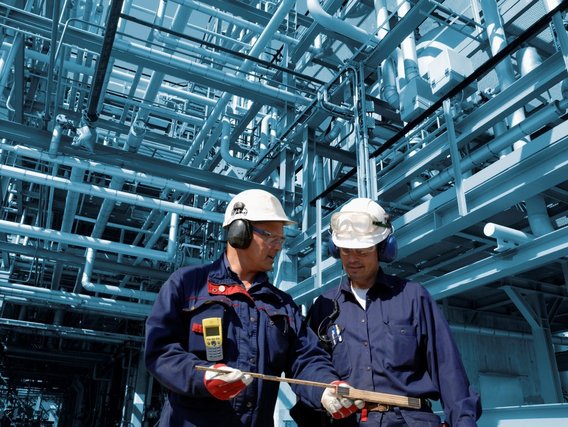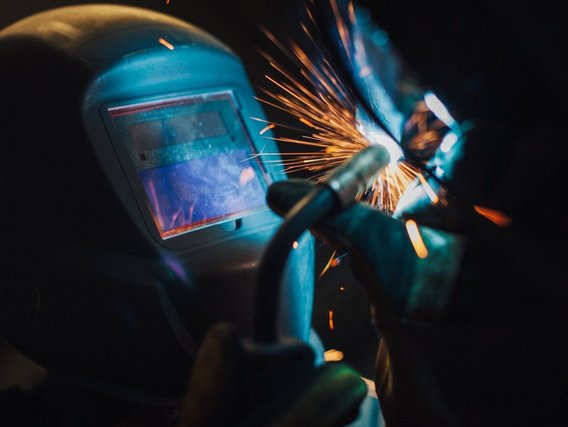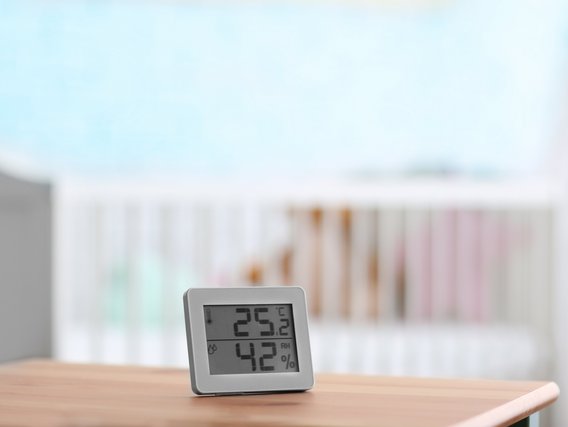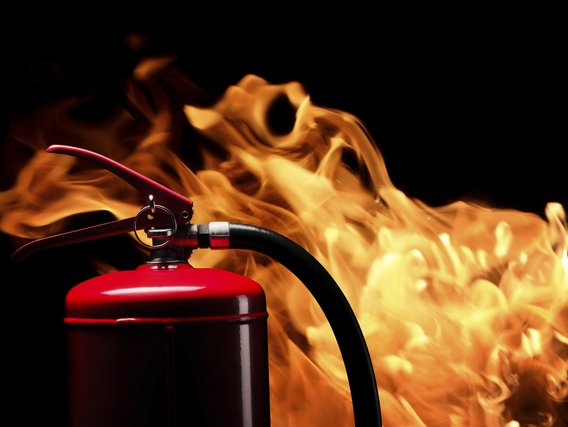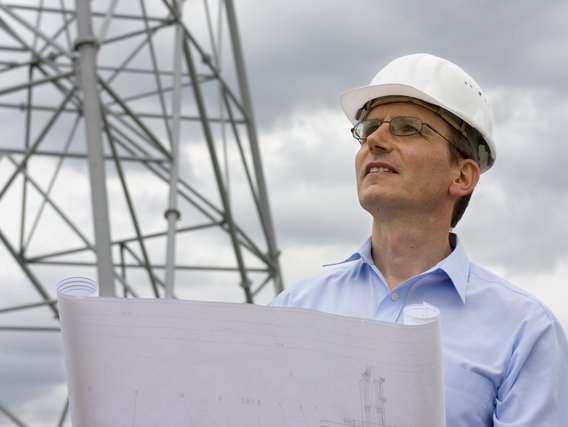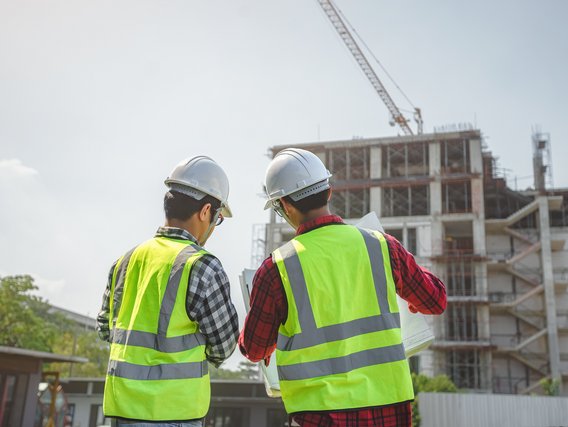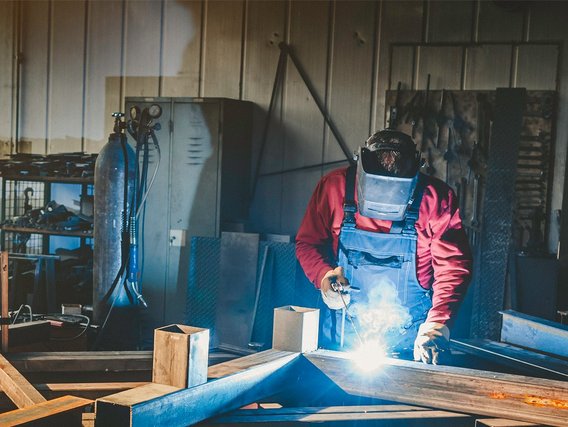
Welding
The design and construction of metallic structures and pressure equipment requires the expertise of welders/operators, welding procedures, and the qualification of the welding procedures.
TÜV CYPRUS offers the following services:
- Qualification of welding procedure specifications (WPS) according to the international standards and codes: ΕΝ ISO 15609 (Specification and qualification of welding procedures for metallic materials), ASME Boiler and Pressure Vessel Code Section IX: Welding and Brazing Qualifications, AWS, API 1104 Welding of Pipelines and Related Facilities.
- Qualification of welding procedures with destructive and not destructive tests and issue of WPQR and WPS certificates.
- Qualification of the welders/operators according to ΕΝ 287-1 (Qualification test of welders. Fusion welding. Steels), ASME Boiler and Pressure Vessel Code Section IX: Welding and Brazing Qualifications, AWS, API 1104 Welding of Pipelines and Related Facilities, EN ISO 1418 (Welding personnel. Approval testing of welding operators for fusion welding and resistance weld setters for fully mechanized and automatic welding of metallic materials)
TÜV CYPRUS also offers welding method and welder/operator certification services for pressure equipment manufacturers in accordance with Directive 2014/68/EU (PED).
